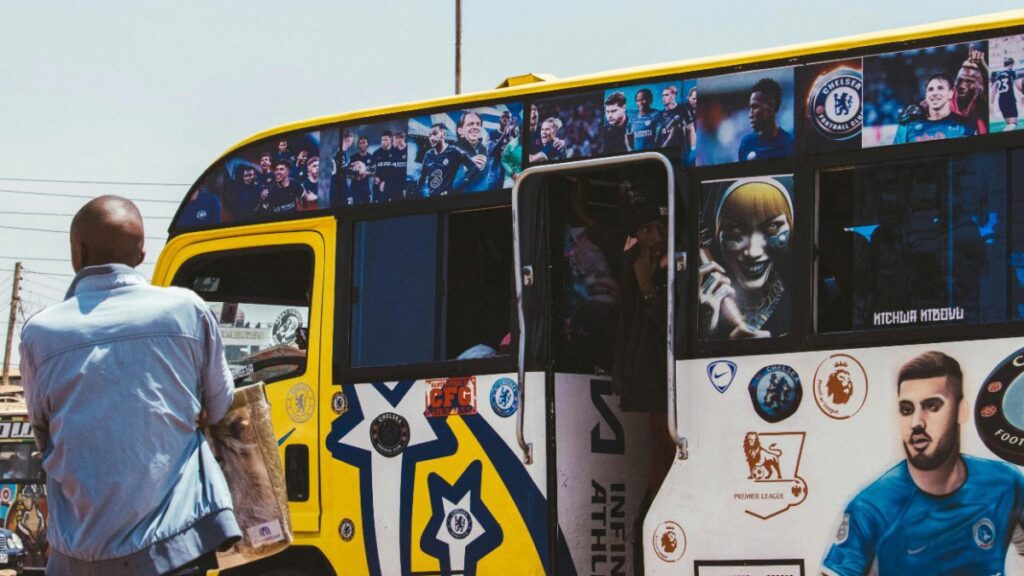Matatus are one of the most popular and convenient means of transport in Kenya, serving millions of people daily. Whether commuting to work, school, or business, many Kenyans rely on these vehicles as a lifeline. However, matatus are also notorious for reckless driving, overcrowding, and occasional insecurity. While passengers cannot fully control how a matatu is driven or managed, there are steps one can take to stay safe. Here are five essential matatu safety tips every passenger should know.
1. Choose Wisely Where You Board
Your safety starts before you even step into a matatu. Always use designated bus stops or termini instead of unsafe, random roadside spots. Avoid poorly lit or isolated places, especially at night, where criminals may target stranded passengers. Be cautious of aggressive touts who try to rush or pull you into a vehicle. A responsible matatu will allow you to board calmly and safely.
2. Assess the Vehicle Before Entering
Take a moment to check the condition of the matatu. Look at the tires, general body condition, and observe the crew. If the driver appears intoxicated, aggressive, or already speeding before departure, it’s best to wait for another vehicle. Trust your instincts—if something feels off, don’t take the risk.
3. Buckle Up and Secure Yourself
Kenyan law requires all passengers in public service vehicles to wear seatbelts, but many still ignore this simple rule. Buckling up significantly reduces the risk of severe injury in an accident. Check that your seatbelt works before settling in. If it is damaged or missing, move to another seat or find another vehicle. Also, avoid overcrowded spaces, especially near the door, where you risk being pushed out during sudden stops.
4. Stay Alert During the Ride
Once on the road, remain vigilant. Keep your belongings close, as pickpockets often target bags, wallets, and phones inside matatus. Avoid distractions like loud earphones or deep sleep in unfamiliar areas. If the driver is speeding, overtaking recklessly, or using a phone while driving, speak up. Safety should matter more than the fare.
5. Plan for Emergencies
Always prepare for unexpected situations. Share your travel details with a trusted person, especially when travelling late. Save emergency contacts on your phone and carry a little extra cash in case you need to alight suddenly. Familiarise yourself with emergency exits, usually located at the back or roof of the matatu, as quick action could save lives.
Matatus are vital to Kenya’s transport system, but safety must always come first. By making smart choices, staying alert, and preparing for emergencies, passengers can greatly reduce risks. Remember, your safety is in your hands as much as it is in the driver’s.

